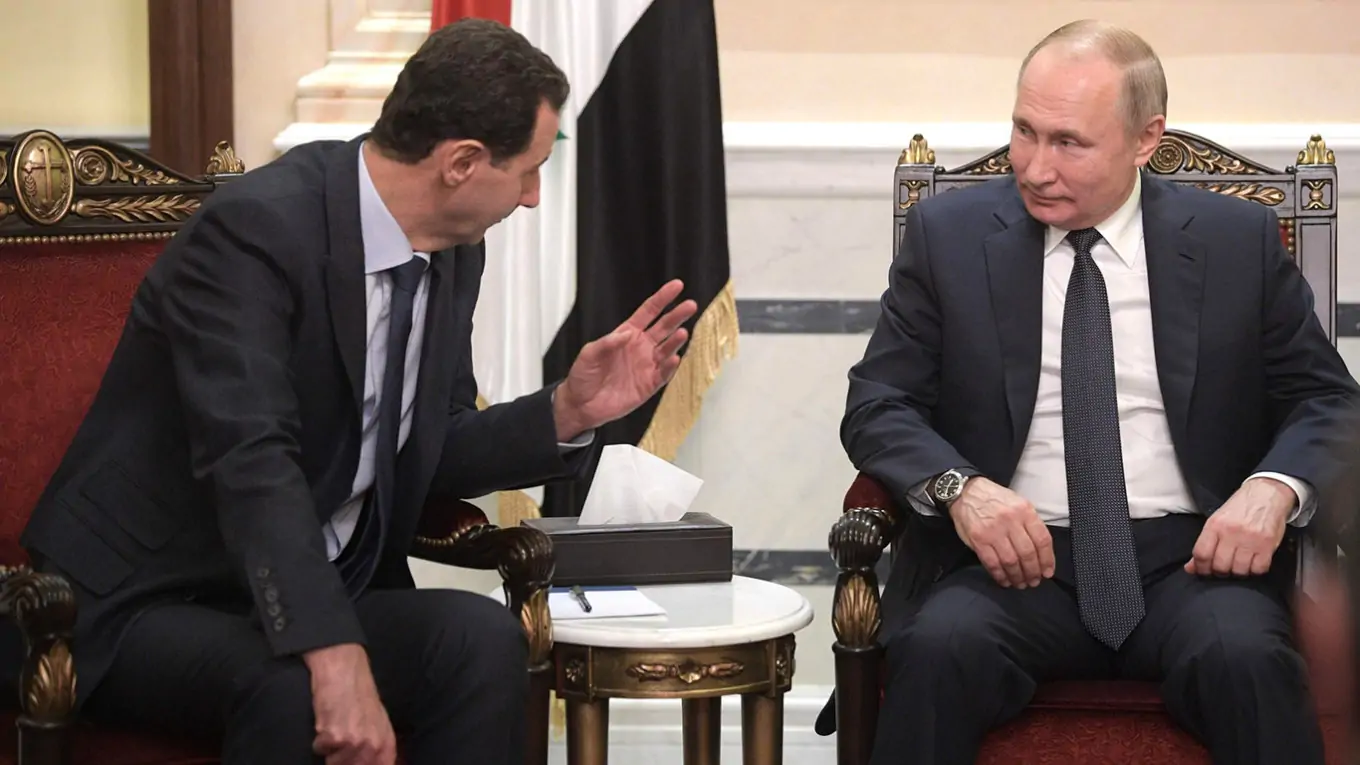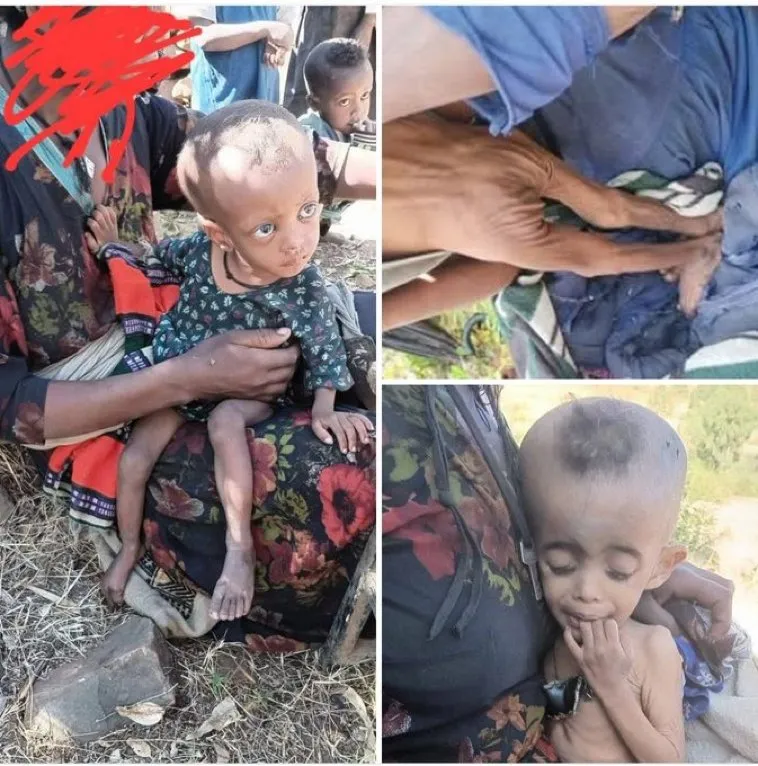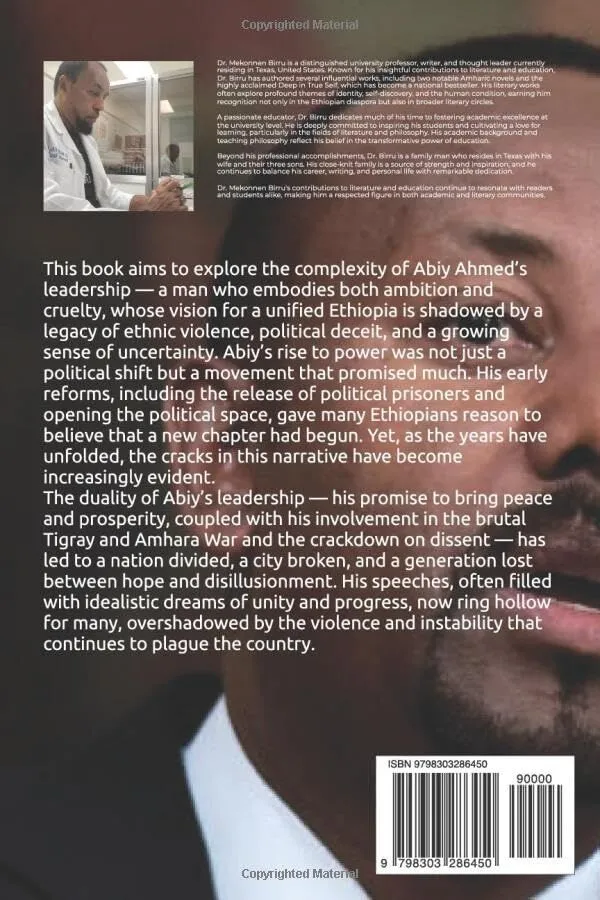Ethiopia: “A wealth of burning questions, A poverty of Answers”!
Teshome Abebe*
Introduction
In the intricate web of political economy, three fundamental concepts stand out as the pillars upon which the modern world revolves: cooperation and conflict, scarcity and surplus, and wealth and inequality. These concepts are not isolated; instead, they form an intricate tapestry of interactions that shape the dynamics of societies. This article delves into the significance of these concepts and their deterministic interactions on the sociopolitical landscape of Ethiopia. It will be argued that viewed from the vantage point of the dynamic trio of political economy, the consequences of ethnic federalism in Ethiopia have been extremely disappointing and extra-ordinarily destructive.
Cooperation and Conflict
Cooperation and conflict represent the yin and yang of human interactions within societies. Cooperation fosters collective progress, facilitating the creation of goods, services, and institutions that benefit all members of the community. It is the glue that binds individuals into functional societies, enabling them to tackle common challenges.
However, conflict is an ever-present counterpart to cooperation. It emerges when interests clash, whether due to resource allocation, power struggles, or differing ideologies. Conflict while disruptive, can also be transformative, driving societies to address grievances and innovate solutions.
Scarcity and Surplus
Scarcity and surplus are the economic forces that drive societies to allocate resources. Scarcity, the inherent limitation of resources, compels societies to make choices. It is the foundation of economics, as it necessitates the allocation of finite resources among competing needs and wants.
Surplus, on the other hand, represents the fruits of productivity and efficient resource allocation. It allows for economic growth, investment, and the potential to alleviate scarcity through innovation and distribution.
The interplay between scarcity and surplus defines economic systems. Societies strive to minimize scarcity through cooperation, innovation, and equitable resource distribution, while surpluses present opportunities to address existing inequalities and invest in the future.
Wealth and Inequality
Wealth and inequality are intimately connected to the allocation of resources. Wealth, often generated through cooperation and surplus, accumulates in the hands of individuals and institutions. Inequality emerges when this accumulation is uneven, resulting disparities in income, assets, and access to opportunities.
Inequality, if unchecked, can lead to social unrest and instability. However, it can also serve as an incentive for innovation and progress when managed effectively. Progressive taxation, social safety nets, and policies that promote equal access to education and healthcare can mitigate the adverse effects of wealth concentration.
Deterministic Interaction
These three concepts are not isolated entities but interact in a deterministic manner. Cooperation mitigates conflict by fostering shared interest and promoting the equitable distribution of resources, which can reduce scarcity and limit the growth of inequality. Surplus, generated through cooperation and innovation, can be harnessed to address scarcity and reduce inequality through strategic resource allocation and inclusive policies.
Conversely, conflict can disrupt cooperation, exacerbate scarcity, and widen wealth disparities. Mismanagement of resources and the concentration of wealth can breed conflict as marginalized groups demand equitable access.
As a consequence, the interplay of cooperation and conflict, scarcity and surplus, wealth and inequality are the essence of political economy. These concepts are not merely theoretical constructs but deeply embedded in the fabric of societies. Recognizing their significance and deterministic interactions is crucial for policymakers and citizens alike. A society that fosters cooperation, manages scarcity, and addresses wealth inequality is poised to navigate the complex challenges of the modern world while promoting collective well-being and social stability.
Ethiopia’s Struggles with Cooperation, Scarcity, and Inequality
Ethiopia, a country of remarkable diversity and historical significance, faces profound challenges in the realms of cooperation, scarcity, and inequality. To understand its current predicament and chart a course towards a more prosperous future, we must examine how these three crucial concepts intersect and shape the nation’s socio-political landscape.
1) The Challenges in Cooperation
Ethiopia’s recent history has been marred by ethnic and political conflicts, demonstrating the challenges it faces in fostering cooperation. Ethnic tensions have often overshadowed the potential for unity and collaboration among its diverse population. Political divisions and power struggles have further hindered effective governance and cooperation between different groups.
To move forward, Ethiopia must prioritize reconciliation, inclusivity, and the creation of a more equitable political system that accommodates the needs and aspiration of all its ethnic communities. National dialogues and efforts to build trust among various factions are essential for forging a path towards stability and cooperation.
2) Scarcity and Resource Mismanagement
Scarcity, exacerbated by factors such as population growth, lack of employment opportunities, environmental degradation, and limited infrastructure, has hindered the country’s development. Access to basic necessities, such as clean water, education, and healthcare, remains a challenge in many regions. Additionally, the country’s agriculture-dependent economy faces recurrent droughts and food insecurity.
To address scarcity, Ethiopia should invest, among others, in sustainable agriculture, infrastructure development, and effective resource management. International partnerships can assist in mitigating the effects of climate change and providing access to technology and expertise that can boost agricultural productivity.
3) Wealth Inequality and Economic Disparities
Ethiopia faces significant wealth inequality, with a small elite benefiting disproportionately from economic growth while many citizens struggle with poverty. This disparity has roots in historical land ownership patterns, limited access to education, ethnic-based policies and unequal opportunities for economic advancement.
To tackle wealth inequality, Ethiopia needs comprehensive reforms that promote inclusive economic growth, job creation, and equitable access to resources. Land reform, investment in education and vocational training, and targeted social programs can help bridge the wealth gap and promote a more equitable society.
The Way Forward
- Inclusive Governance: Ethiopia should embark on a path towards inclusive governance that accommodates the diverse voices and needs of its population. A federal system (not based on ethnic differences) that respects the autonomy of regions while fostering a sense of national unity can help achieve this goal.
- Sustainable Development: The country must prioritize sustainable development practices that address environmental challenges and resource scarcity. Investment in renewable energy, sustainable agriculture, and infrastructure can enhance resilience to climate-related risks.
- Economic Equity: Ethiopia should implement policies that promote economic equity, including land reforms, access to credit for small businesses, and initiatives to empower marginalized communities economically.
- Education and Healthcare: Expanding access to quality education and healthcare is essential for reducing inequality and ensuring that all Ethiopians have an opportunity for a better future.
- International Collaboration: Engaging in international partnerships and seeking assistance from organizations and countries with expertise in conflict resolution, development and environmental sustainability can provide valuable support for Ethiopia’s journey toward a brighter future.
To state that Ethiopia faces complex challenges in cooperation, scarcity and inequality is an understatement. However, by addressing these issues through inclusive governance, sustainable development, economic equity and investments in education and healthcare, the country can pave the way for a more prosperous and harmonious future for its diverse population. International collaboration and assistance can play a vital role in this transformative process.
The Challenges and Failures of Ethnic-Based Government
The ethnic-centered government in Ethiopia faces significant challenges in designing a pathway to the future that can effectively reconcile the deterministic effects of cooperation, scarcity, and inequality. Here are several compelling arguments to support this perspective:
- Lack of Experience and Knowledge:
Ethiopia’s transition to an ethnic federal system is relatively recent, having been established in the 1990s. Many ethnic-based political parties lack the experience and historical knowledge required to navigate complex issues related to governance, economic development, and social integration.
- Fragmented Decision-Making:
The ethnic federal system in Ethiopia has led to a highly fragmented political landscape, with numerous ethnic-based parties vying for power and resources. This fragmentation can and has hindered the government’s ability to formulate and implement cohesive policies and strategies.
- Ethnic Tensions and Divisions:
Ethiopia has witnessed ethnic tensions and conflicts in recent years, often fueled by competition for resources and political power among various ethnic groups. The two-year war in Tigray and Amhara, the new five-month-old war the government is waging in Amhara, the war within Oromia, and other low-level conflicts in the country are but only a few examples. These tensions and wars can and have undermined the government’s capacity to foster cooperation and social cohesion. Indeed, Ethiopians are more divided now than they were in 2018 when the current perfidious government came to power. The country has been marred by prolonged conflicts arising from ethnic and territorial tensions. These conflicts have resulted in loss of life, displacement of millions of citizens and communities, and strained socio-economic development. Documented disruptions, diversions, displacements, destruction of productive assets, and the unimaginable—genocide are all the hallmarks of ethnic-based regime in the country. Suffice it to mention the genocide of Amharas in places like: Bedeno, Deder, Bekersa, Gondar, Wollo, Gojam, Afar, Chena, Ukersa, Agamsa, Tole, Gutin, Silsaw, Chekorsa, Gene, Wollega, Benishangul- Gumuz and at other unnamed places, river banks, streams, fields, hills and farms.
- Limited Capacity for Economic Planning:
Economic development and resource allocation require careful planning and execution. The ethnic government’s focus on ethnic identity and autonomy can and has diverted attention and resources away from critical economic planning and development initiatives. A recurring example of this failure is the establishment of an economic advisory group to counsel the head of government on economic policy. It is repeatedly reported that the group has not met but once in almost four years. Regardless, it suffices to mention that no country can wage war against its own people for years on end and achieve economic development at the same time.
- Scarce Resources:
Ethiopia faces numerous challenges related to scarcity, including access to water, arable land, and other essential resources. Effective resource management and allocation require a coordinated, nationwide approach, which the ethnic government has struggled to achieve due to its fragmentation. Again, suffice it to mention that the current government cannot even pay the monthly salaries of public servants including members of the military. Monthly payroll is generally not met or is postponed for months.
- Inequality Concerns:
Ethnic-based federalism can inadvertently exacerbate inequalities by prioritizing the interests of certain ethnic groups over others. No other example of this is needed other than the ‘Oromuma’ policies of the current government where jobs, credit, promotions, government contracts and land acquisitions are prioritized for Oromos only, damned be the law. Addressing inequality is a complex task that requires a government with broader perspective and a willingness to implement equitable policies in the interest of all citizens. Current policies have instead made the country effectively shuttered against the youth, and against non-oromos, especially, the Amhara.
- International Acceptability:
Ethiopia’s ethnic government has faced challenges in garnering international support and recognition due to concerns about ethnic-based politics, its negative outcomes and the inherent potential instability of the system. This can affect the country’s ability to access foreign aid and investment, which are crucial for development. As I write this piece, the US government has extended by another year its sanctions imposed two years ago due to the war in the North of the country. In addition, international organizations are pulling out of Addis Ababa–the capital–to places like Nairobi. A sure sign that the country has lost its significance in the diplomatic arena inviting comments from some that it has become an empty house despite the leadership’s rhetoric of its greatness.
- Governance Challenges:
The ethnic-based government in Ethiopia has proliferated with inadequate governance, corruption, and political instability, which continue to undermine the government’s ability, such as it is, to effectively address the needs of its citizens. A future government would have to make a critical assessment of governance structures, institutions, and policies conducted to identify areas of reform that could foster an environment conducive to peace and prosperity.
In summary, the ethnic government in Ethiopia encounters significant hurdles in designing a future pathway that effectively reconciles cooperation, scarcity and inequality. The lack of experience, fragmentation, ethnic tensions, and concerns about capacity and acceptability of the system all contribute to the challenges it faces in addressing these fundamental issues.
Viable strategies for Ethiopia to break free from the shackles of bad governance and conflict include the eradication of ethnic-based federalism, cultivating and strengthening democratic institutions, promoting inclusivity, empowering marginalized communities, preparing for a transitional government and initiating national dialogue for reconciliation and peacebuilding.
The limited evidence provided here shows that ethnic federalism, which was supposed to devolve power to regional ethnic groups, has led instead to ethnic tensions and conflicts, as well as economic inequality and underdevelopment of certain regions. It has led to the erosion of national unity and identity. In addition, it has encouraged separatism, brought about inequalities in resource distribution and created political instability in Ethiopia when the country could ill afford it. Ethiopians are weary of living amidst violence and instability. Though they are divided by geography, and currently, by the propaganda of perfidious, corrupt elites, they have a shared yearning for peace, coexistence, and socio-economic progress which has eluded them under ethnic-based federalism for the past 50 years. Given the evidence, it is time to dispatch ethnic federalism to the dustbin of history. Enough of the evil alchemy of ethnic federalism!
*Teshome Abebe, PH.D. a former Provost, is Professor of Economics.
















